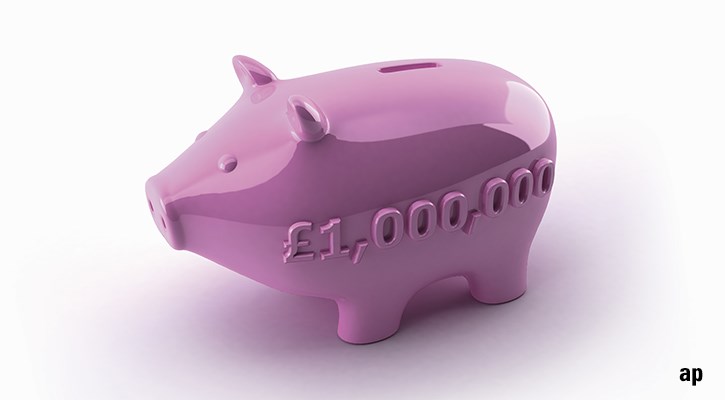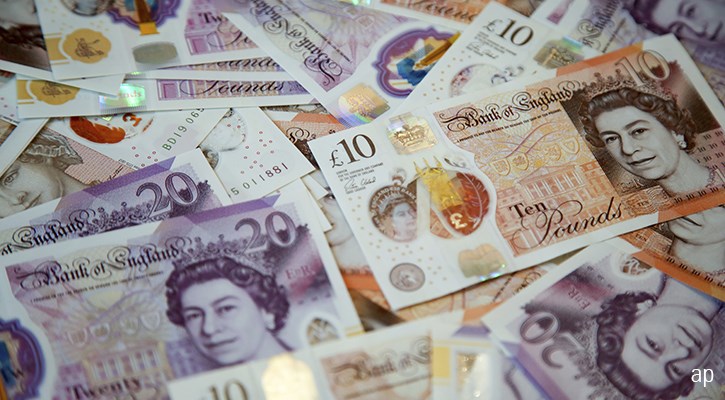
The regulator is worried about the gamification of investing. So are a lot of people. The gung-ho, risk-on attitude of a cohort of (often inexperienced) investors who can’t afford to lose their bets is troubling to say the least.
But I don’t think it’s fair to blame it on Reddit, Bitcoin or lockdown boredom. The desperation to make a fast buck has been building for years. What’s fuelling it? Not social media but rock-bottom interest rates.
Millions of people out there want to save money to buy a house, fund retirement, put their kids through university, or just to pay for holiday (when it’s allowed). And they don’t know how to do it. Because banks are routinely offering interest of 0.1% and sensible, steady Eddie funds offer up returns of around 5 or 6% a year. And when you’ve got £1,000 or even £10,000 to invest, that’s nothing. Interest of 0.1% on £10,000 is £10. It’s not worth the bother of opening the account, and it’s not going to help you achieve even the most modest of aspirations.
No wonder people are turning to forums and TikTok for guidance. Tesla gained 700% last year; Bitcoin is up almost as much over 12 months; those who timed it right could have made a 900% gain just by investing in a nothing-special US electronics retailer in January. Against that, it’s hard to make a well-diversified Flexible Allocation fund sound appealing.
Low interest rates have helped prop up the economy since the financial crisis more than a decade ago, and they’ve undoubtedly been a boon for mortgage holders, but for savers they have been a disaster – and there’s no light at the end of the tunnel.
If you can manage to time these things right, and make yourself an overnight millionaire: kudos. My worry is for the people who get it wrong, lose money and are put off from ever investing again.
Unprecedented, Unpredictable
Just over a year ago, the idea of a national lockdown was unthinkable. But like various phrases including R rate, social-distancing and “next slide please”, this previously unheard-of concept has almost become the norm.
So much so in fact, that I’d lost track of just how many previously unthinkable things had happened over the past 12 months until we did something of an audit. Oil prices going negative, banks being banned from paying dividends, China being a top-performing stock market last year – I think we’ve almost become desensitised to the craziness in the world. My colleague Paul Kaplan has even done some analysis showing how the Covid crash was the shortest bear market in history – something I’m sure few of us predicted this time last year.
I’ve said before (and will undoubtedly say again) it’s impossible to time the stock market. The past 12 months have surely proved that indisputably.
Don't Forget the Deadline - But Don't Rush
You may have noticed we’ve had Isas on our minds here this week at Morningstar. With just days until the end of the tax year, now is the time to squirrel away any spare cash you have to save and invest into an Isa before you lose this year’s allowance.
As per the above, you might not feel that inspired to do so this year. I can empathise with that. After all, savings rates are rock-bottom and stock market euphoria makes it a tricky time to find anything undervalued in which to invest.
Here’s the thing to remember: you don’t need to put your money to work yet – just open the account and get the money in there, and do the rest later. Some of these accounts come with serious perks (25% government bonus, anyone?) that you don’t want to miss out on. So whether you’re saving for your kids, building a house deposit, or trying to become a millionaire – an Isa is going to a major part of your toolkit.




























